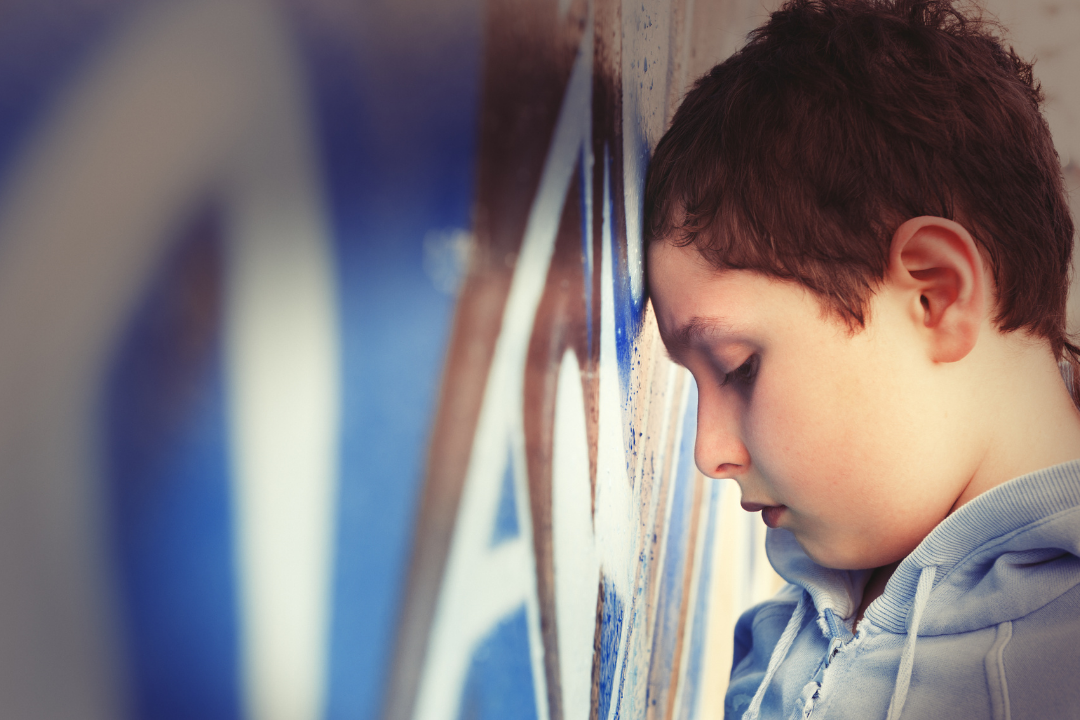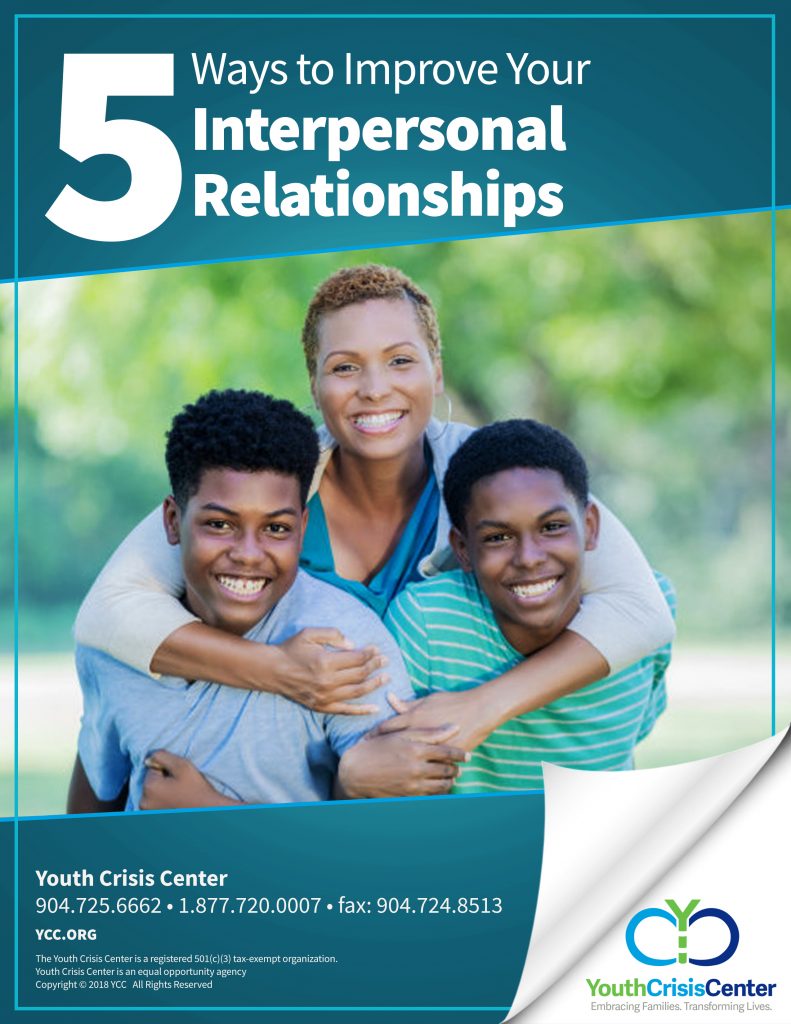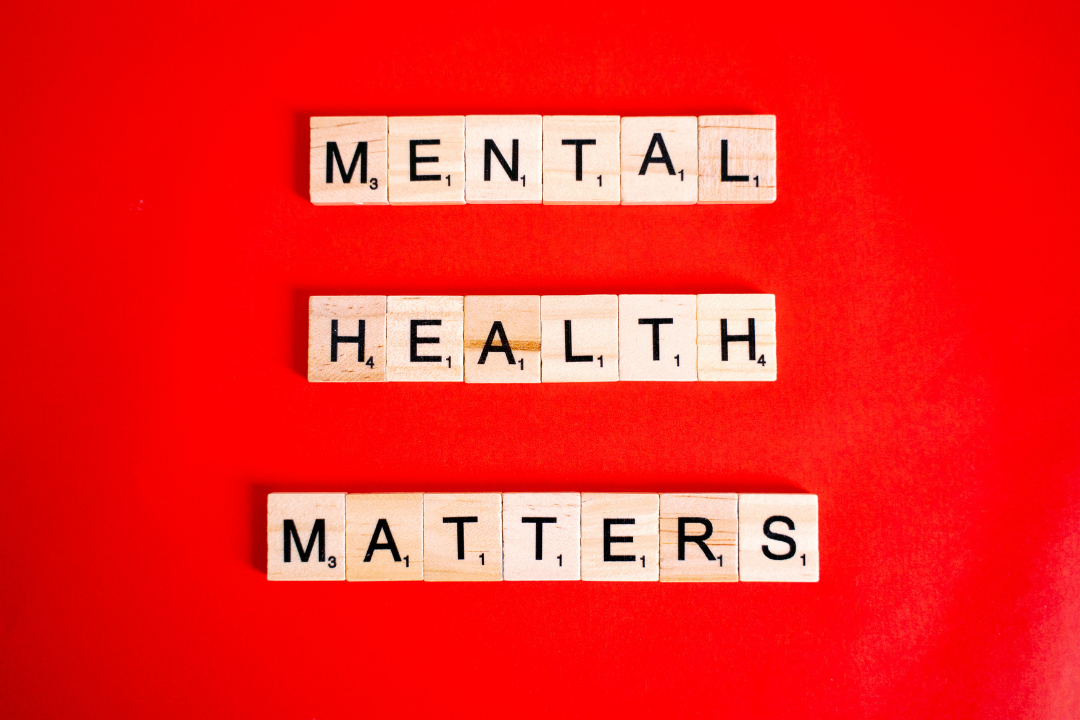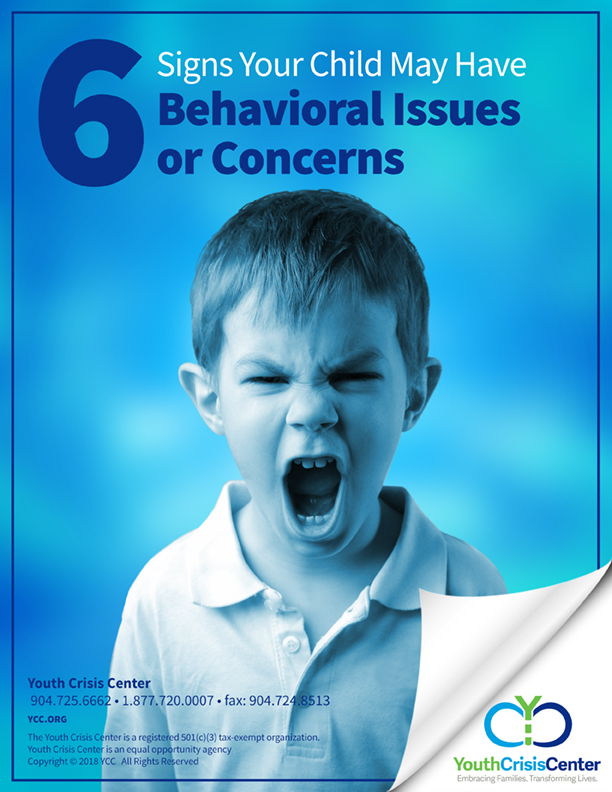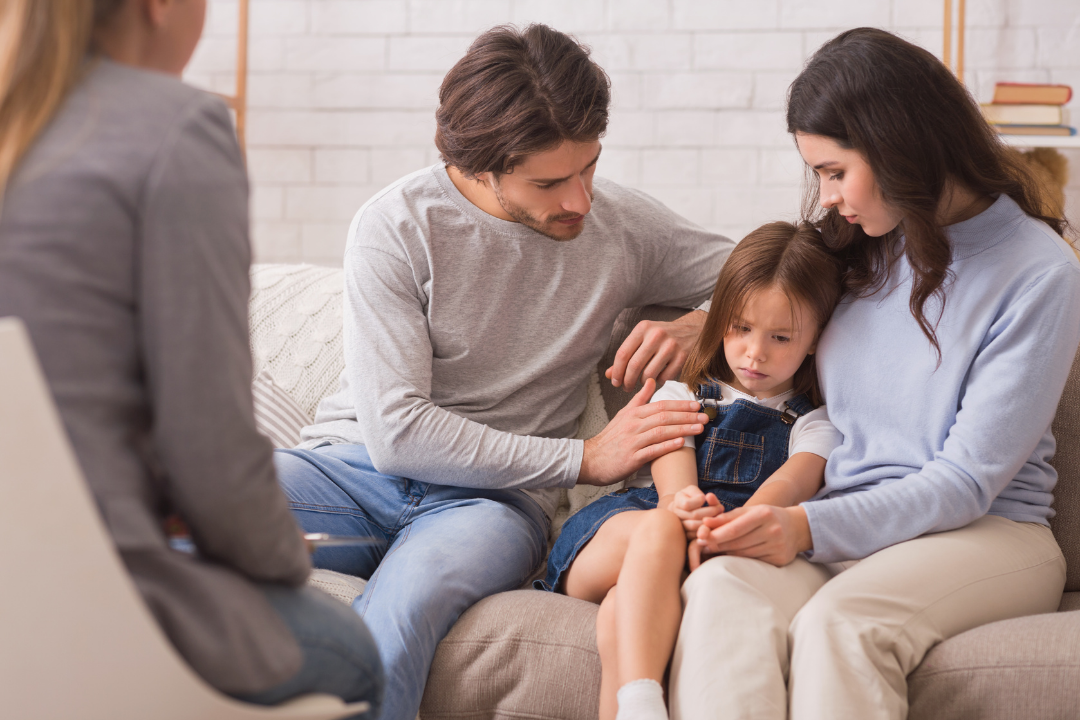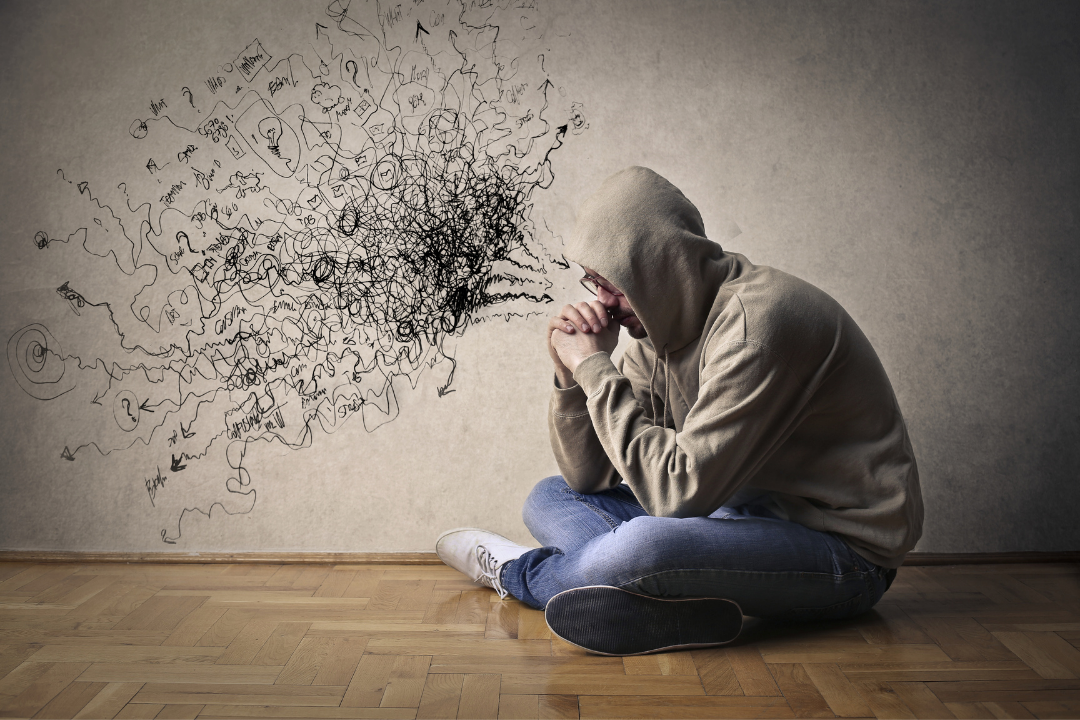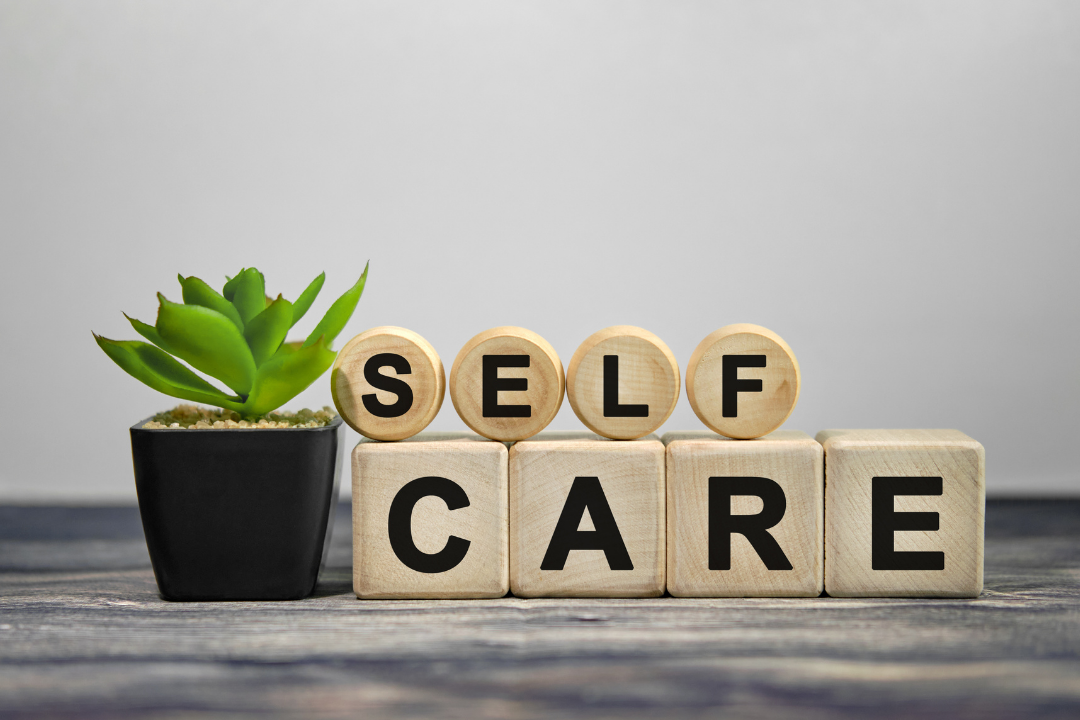No parent or guardian ever wants to see their child suffering whether it’s physical or emotional pain. As parents, it could be easier to tend to a wound you could see, but it could be harder when it’s a wound you can’t see because it’s on the inside.
Identifying Depression in Children
Timely recognition and treatment for children can change, or even save, their lives. Depression consists of persistent feelings of sadness, irritability and hopelessness. This can drastically affect the way one feels, thinks and acts. Quite often, depression is not diagnosed or treated in children because the symptoms are passed off as normal emotional and psychological changes that occur during development. Research shows that about 60 percent of children living with depression are not receiving any form of treatment.
Depression in children presents itself differently than it does in adults, often causing it to be easily missed. Children may not have the emotional maturity or ability to talk about their feelings as an adult might. Symptoms will vary from child to child, but most children with depression will display a noticeable change in their academics, social life and/or self-esteem.
Common Symptoms of Depression in Children Include:
- Bodily symptoms (restlessness, stomachaches, headaches or digestive issues)
- Increased irritability
- Persistent feelings of sadness
- Withdrawal from family, friends or activities they once enjoyed
- Drastic changes in sleep or appetite
- Difficulty concentrating
- Increased fatigue and low energy
- Frequent outbursts or temper tantrums
What Causes Depression in Children?
Genetics and the environment both play a huge role in causing depression in children. With a child who has depression, they will have persistent feelings of sadness, irritability, hopelessness and worthlessness that can be caused by different factors in their life. Children with a family history of violence, substance abuse, physical abuse or sexual abuse are at a greater risk of depression than those without.
Other Common Causes of Depression in Children Include:
- Physical illness (such as diabetes, epilepsy or cancer)
- Harmful environment (community or home)
- Family history of depression
- Substance abuse
- Stressful life events
- The loss of a loved one
Get Your Child the Help They Need at the Youth Crisis Center
When a child’s everyday routine is disturbed by their depressive symptoms, it’s time to get them help. YCC’s Family Link program provides professional and compassionate short-term outpatient counseling services for families with children ages 6-17 who are experiencing any concerns that disrupts the health and stability of the family. These services are available at no cost to residents of Baker, Clay, Duval, St. Johns and Nassau counties through appointments at the child’s school or other community locations. Our therapists have master’s degrees and extensive experience in a wide range of family and youth concerns that include depression, anxiety, attention deficit hyperactivity disorder, chronic behavior problems, homelessness, running away, poor academic performance, and truancy.
Click to learn more about Family Link and the 5 Ways to Strengthen Your Family. All Family Link counseling sessions are confidential. To learn more about services, please call (904) 725-6662.

